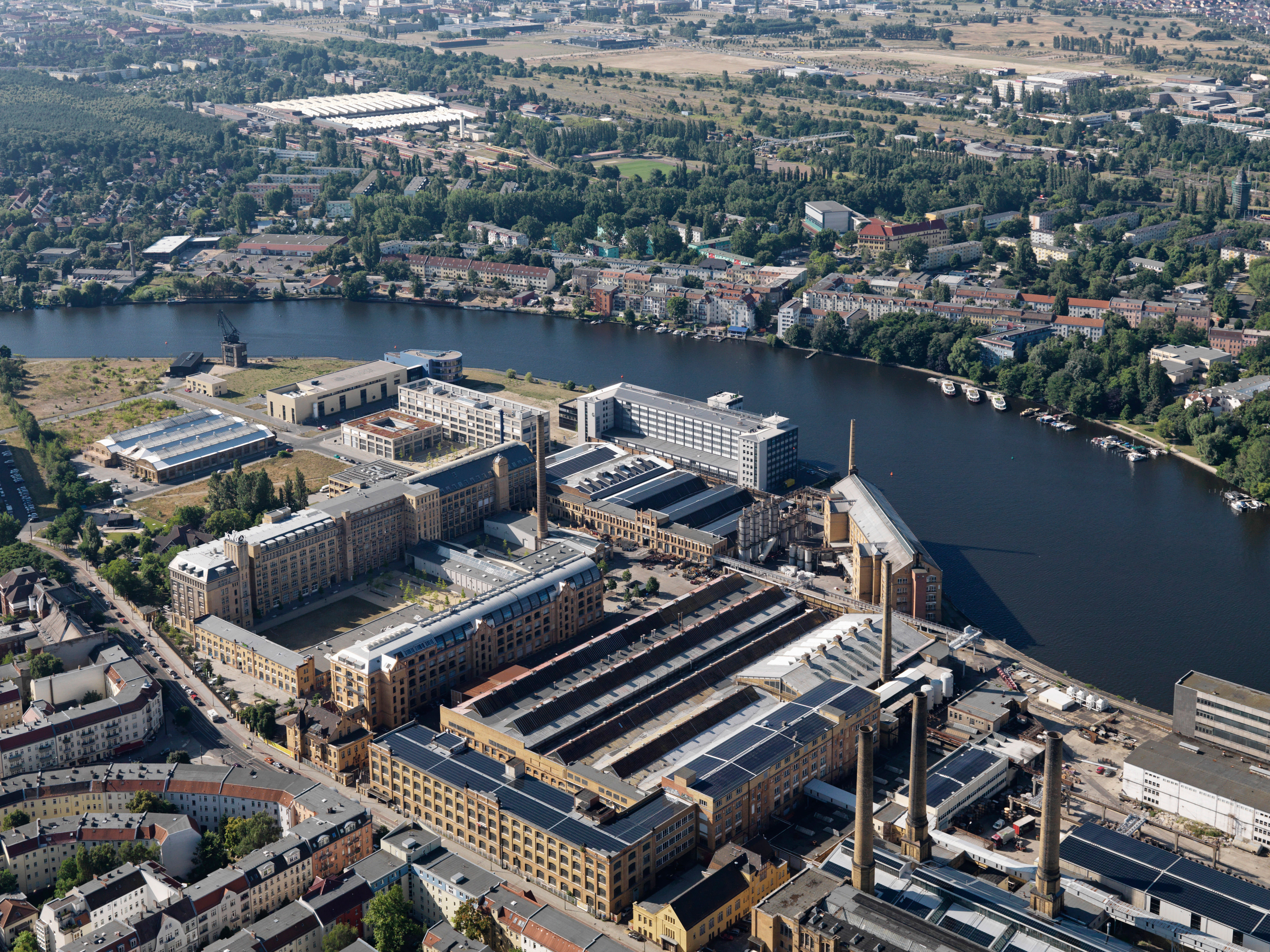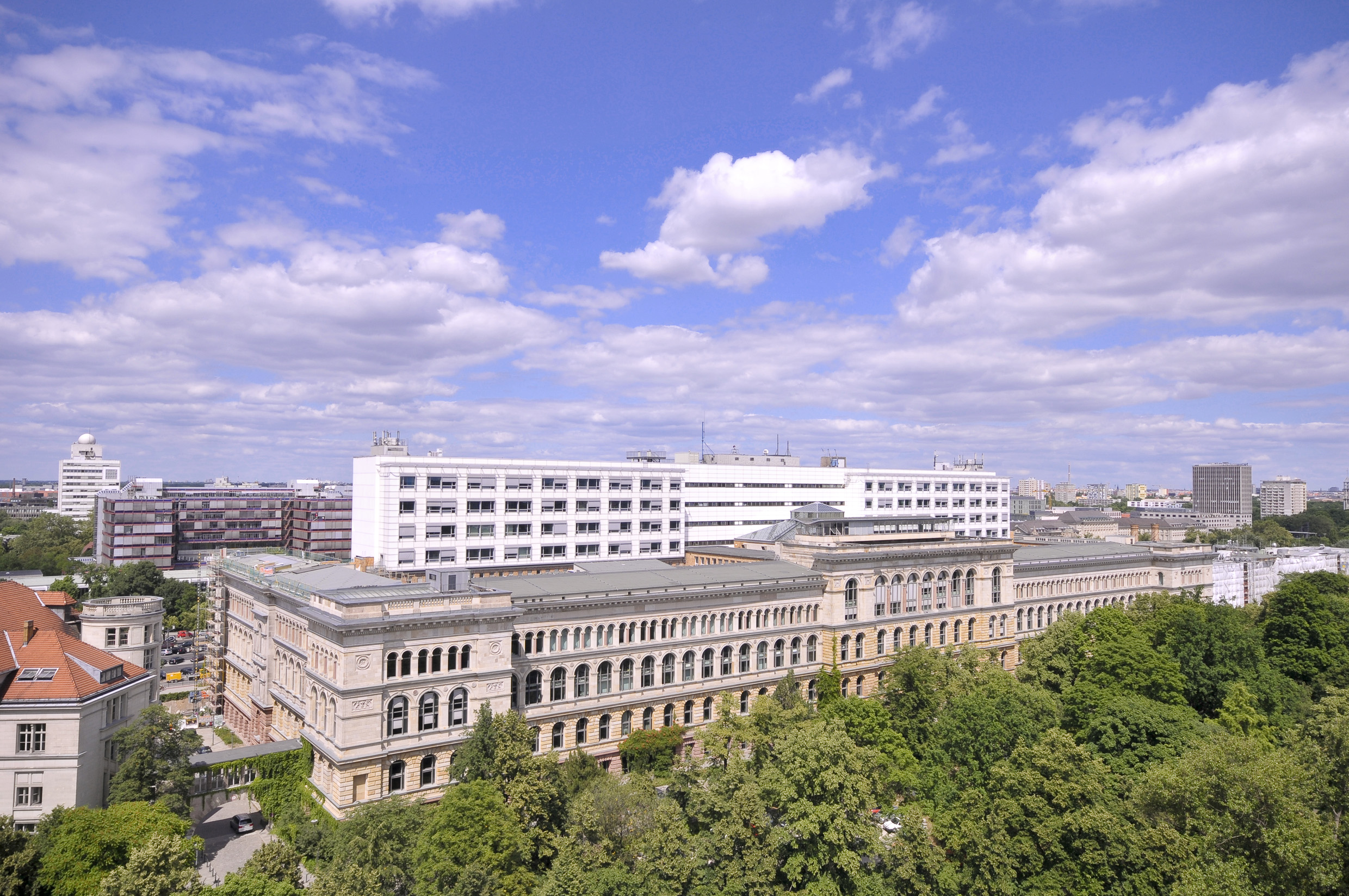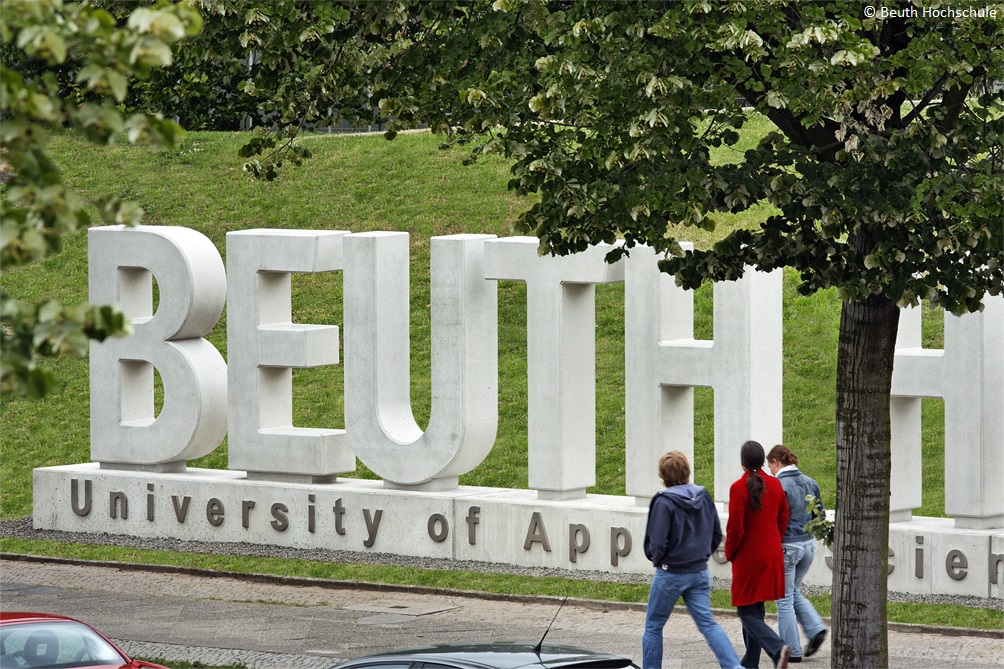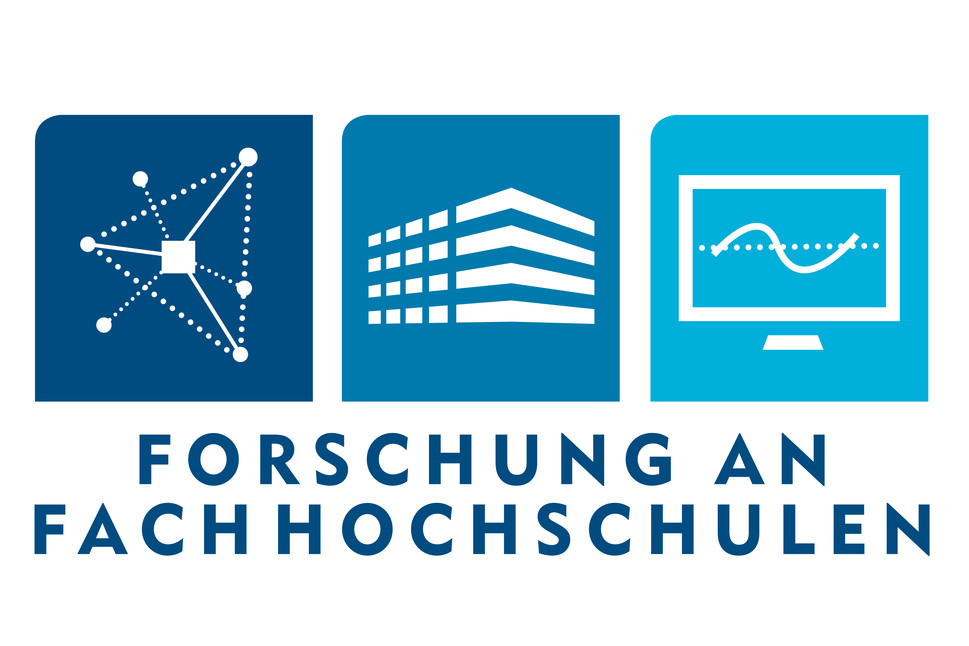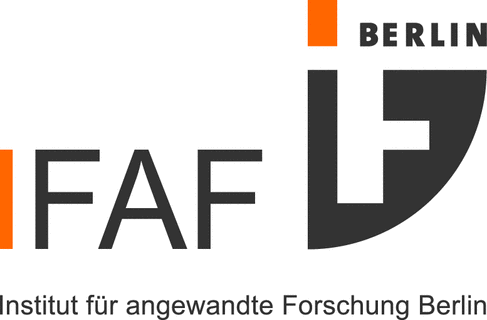

Article of 20.05.2015
Project overview: OptWaTro
Background of the project and of the underlying problem
The for the washing laundry required resources in Germany per year are composed of over 600.000 t detergents, a power consumption of about 6 billion kWh and a water consumption of around 330 billion liters. From this can be derived a saving potential. The illustrated project aims to minimize the above-named resource consumption and thus deals with the area of need climate/energy of the high-tech strategy 2020 for a CO2 neutral, energy efficient and climate adapted city.
Project idea and solution approach
As the development of washing machines was essentially supported by experiments in the past, the illustrated project provides the opportunity to produce forecasts of the washing performance based on validated results of the washing movement's simulated calculation. On this occasion, especially the soaking of the laundry has to be considered. The linking between washing mechanics and wash performance with static methods (Design of Experiments) that means the creation of a resilient mathematical model to predict the washing result, gives the developer of household appliances a significant and capital tool by which quicker and more reliable development cycles can be expected.
The Universities of Berlin Beuth and HTW perform the works in the course of a cooperation, the Technical University in Berlin and Bosch and Siemens household appliances GmbH. Due to the preparatory work of the glass washing machine the cooperation is able for the first time to verify the simulation results by means of the experiments. Furthermore, the simulation permits to extract quantities, which were hardly or not at all to record (for example the strain energy or friction work) and which had to be investigated with regard to their influences on the washing result.
In this way, the vision to predict the washing result by means of energy analysis is tangible. The idea to develop a concept in order to evaluate the washing mechanics regarding the washing result and to verify them by experiments on a pilot machine is quiet new.
Benefit after successful performance of the plan
The research results will be applicable in the industry, which help to save resources of energy and water. Here, the cooperation of BSH and their competences regarding the evaluation of the washing results is a big advantage. Moreover, another step in the development of modern household appliances should be taken. The works of the cooperation team show, that the movement of the laundry in the machine is in no way consistent, but that there is an irregular probability range of the textiles during the washing process which influence the washing result of particular textiles. The situation regarding, a concept should be developed in the course of the submitted project which actively regulates due to the actual found washing movement and distribution in the machine (or rather controlling by pattern recognition) in order to achieve a lesser resource consumption by means of an improved washing performance.
The for the washing laundry required resources in Germany per year are composed of over 600.000 t detergents, a power consumption of about 6 billion kWh and a water consumption of around 330 billion liters. From this can be derived a saving potential. The illustrated project aims to minimize the above-named resource consumption and thus deals with the area of need climate/energy of the high-tech strategy 2020 for a CO2 neutral, energy efficient and climate adapted city.
Project idea and solution approach
As the development of washing machines was essentially supported by experiments in the past, the illustrated project provides the opportunity to produce forecasts of the washing performance based on validated results of the washing movement's simulated calculation. On this occasion, especially the soaking of the laundry has to be considered. The linking between washing mechanics and wash performance with static methods (Design of Experiments) that means the creation of a resilient mathematical model to predict the washing result, gives the developer of household appliances a significant and capital tool by which quicker and more reliable development cycles can be expected.
The Universities of Berlin Beuth and HTW perform the works in the course of a cooperation, the Technical University in Berlin and Bosch and Siemens household appliances GmbH. Due to the preparatory work of the glass washing machine the cooperation is able for the first time to verify the simulation results by means of the experiments. Furthermore, the simulation permits to extract quantities, which were hardly or not at all to record (for example the strain energy or friction work) and which had to be investigated with regard to their influences on the washing result.
In this way, the vision to predict the washing result by means of energy analysis is tangible. The idea to develop a concept in order to evaluate the washing mechanics regarding the washing result and to verify them by experiments on a pilot machine is quiet new.
Benefit after successful performance of the plan
The research results will be applicable in the industry, which help to save resources of energy and water. Here, the cooperation of BSH and their competences regarding the evaluation of the washing results is a big advantage. Moreover, another step in the development of modern household appliances should be taken. The works of the cooperation team show, that the movement of the laundry in the machine is in no way consistent, but that there is an irregular probability range of the textiles during the washing process which influence the washing result of particular textiles. The situation regarding, a concept should be developed in the course of the submitted project which actively regulates due to the actual found washing movement and distribution in the machine (or rather controlling by pattern recognition) in order to achieve a lesser resource consumption by means of an improved washing performance.
© 2016 Beuth University for Technology in Berlin
